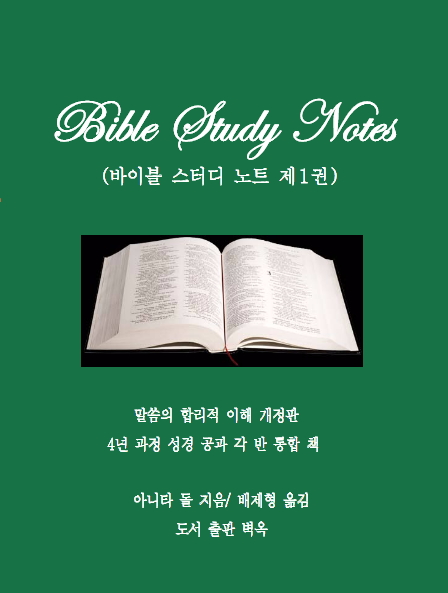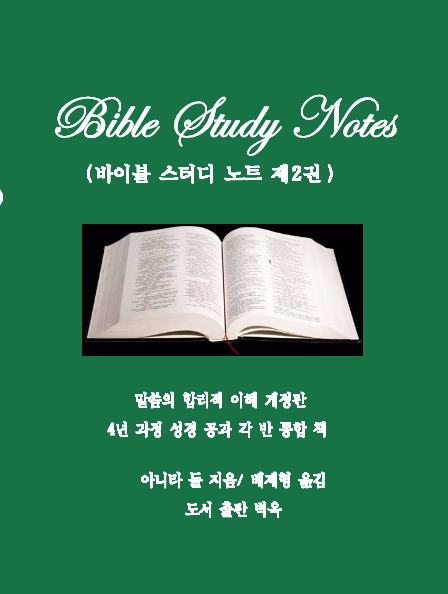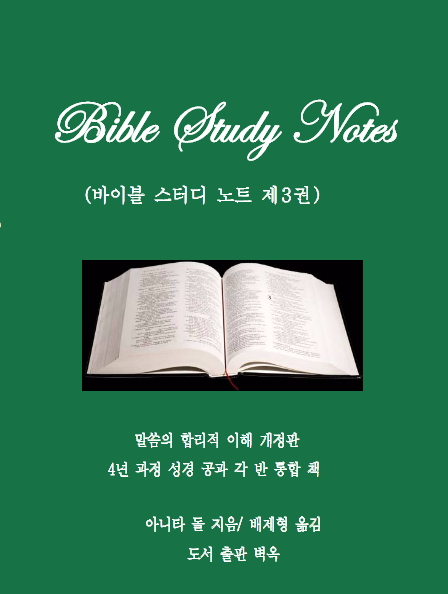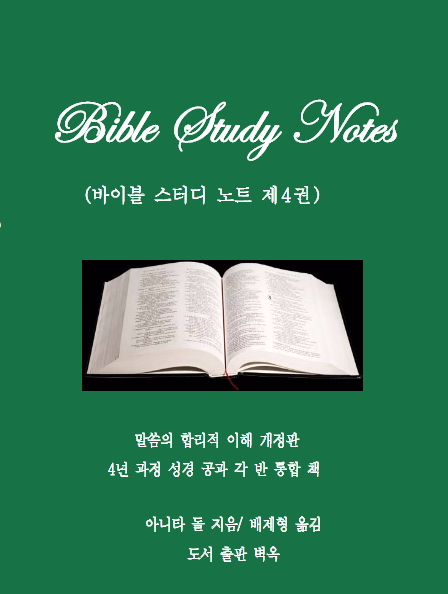Product Info
- Author: Robert S. Fischer and Louis G. Hoeck
- Publisher: Boston: The Massachusetts New-Church Union
- Publication Date: 1906
- Total Pages: 450
Buy At
Commentary on the Gospel According to Matthew
Download Commentary on the Gospel According to Matthew PDF (28MB)
Commentary on the Gospel According to Matthew Compiled from the Theological Works of Emanuel Swedenborg
EXCERPT
Many at this time think of the Lord only as of an ordinary man like themselves. The reason is because they only think of His Humanity, and not at the same time of His Divinity, although His Humanity and His Divinity cannot be separated. For the Lord is God and Man; and God and Man in the Lord are not two, but one person; yea, altogether one, even as the soul and body are one man; as is taught in the doctrine received throughout the Christian world, called the Athanasian Creed, which has been confirmed by several councils. Let me therefore entreat the reader not to separate henceforward in his thoughts the Lord's Humanity from His Divinity. From verses 18-25, as well as from the account of the nativity given in Luke, it is evident, that Jesus, Who was conceived of Jehovah the Father, and born of the virgin Mary, is the Son of God, concerning Whom all the prophets and the law prophesied until John. L. 21.
From the words of the Athanasian Creed it clearly appears that it is an article of faith in the Christian Church that the Divinity and Humanity in the Lord are not two, but one, as the suol and body are one man, and that the Divinity in Him assumed, or took to itself, the Humanity. Hence it follows that the Divinity cannot be separated from the Humanity, nor the Humanity from the Divinity, for this would be like separating the soul from the body. The truth of this must also be acknowledged by every one who reads Matthew i. 18-25 and Luke i. 26-35 concerning the birth of the Lord; from which it is manifest that Jesus was conceived of Jehovah God, and born of the virgin Mary, so that the Divine was in Him, and was His soul. Since then His soul was the very Divinity of the Father, it follows that His body or Humanity must have been made Divine also; for where the one is Divine, the other must be also. Thus and not otherwise can the passages be true which say that the Father and the Son are one, the Father in the Son, and the Son in the Father, and all things belonging to the Son are the Father's, and all things belonging to the Father are Son's as the Lord Himself teaches in His Word. L. 29.
To come forth from the Father signifies to be conceived of Him; and to go to the Father signifies to be fully united to Him. That to come forth from the Father signifies the being conceived of Him, is manifest from what is said cnocerning the Lord's conception in Matthew i. 18-25 and in Luke i. 34, 35. E. 815.
That the Divine itself, which is called Jehovah and the Father, which is Divine love, was in the Lord from conception is evident in the evangelists Matthew and Luke. Matthew i. 18-25 and Luke i. 30-35. Because He was conceived of Jehovah, therefore in the Word He is so often called the Son of God, and Jehovah is called His Father; and Jehovah as to His Esse is Divine love, and as to His Existere Divine good united with Divine truth. E. 1069.
It is evident from the Word that God is one; or Beside me there is no God. The Lord was conceived of the Divine itself, which is named Jehovah and the Father. Let Matthew i. 18-25 and Luke i. 31-35 be introduced. De Dom. Latin Edition page 8
About the Author
Related Links
Related Books





